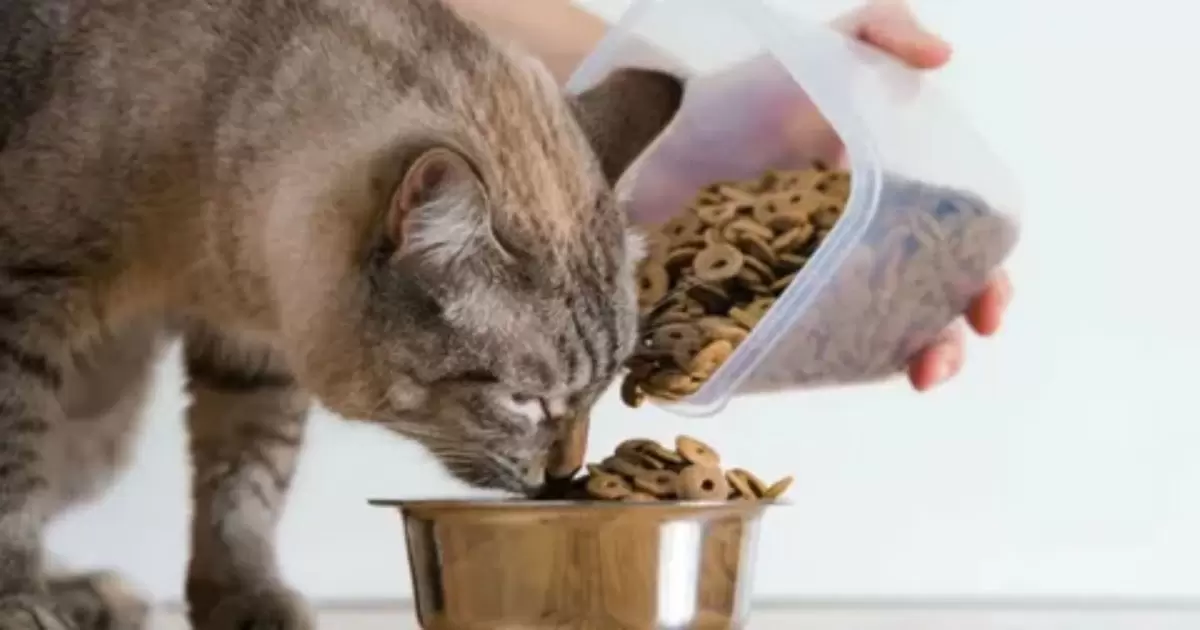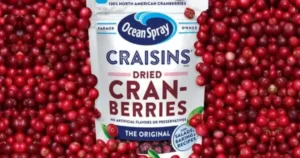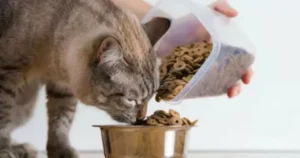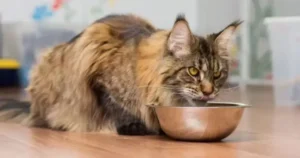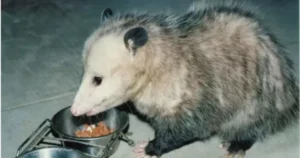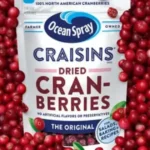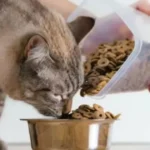High ash content in cat food raises concerns among pet owners. While ash is a natural component of many ingredients, excessive levels may indicate low-quality ingredients or poor processing. Elevated ash levels can lead to urinary tract issues in cats. Understanding ash content is crucial for maintaining your feline’s health and choosing the right diet for their well-being.
What is Ash Content in Cat Food?
Ash content in cat food refers to the inorganic mineral matter that remains after a sample of the food has been burned and organic substances have been removed. It is a measure of the total mineral content present in the pet food. The ash content is typically composed of essential minerals such as calcium, phosphorus, magnesium, sodium, potassium, and trace minerals like iron, zinc, and copper.
The ash content is reported on a cat food’s guaranteed analysis as Crude Ash and is expressed as a percentage of the total weight of the food. Generally, a higher ash content indicates a higher mineral concentration in the diet.
Why Do People Think Ash in Cat Food is Bad?
There is a common misconception that high ash content in cat food is undesirable or an indicator of poor quality ingredients. This belief stems from the assumption that a high ash level means the food contains excessive inorganic materials or fillers that provide no nutritional value.
However, this is an oversimplification, as ash content alone does not determine the quality or suitability of a cat food. Many high-quality, nutrient-dense ingredients, like meat, eggs, and certain grains, can contribute to the ash content without being detrimental to the diet.
Does High Ash Content Mean a Cat Food is Made with Poor Quality Ingredients?
No, a high ash content does not necessarily mean that a cat food is made with poor quality ingredients. The ash content is a measure of the total mineral content, which can come from both high-quality sources like animal proteins and plant-based ingredients.
In fact, many premium cat foods that are made with high-quality animal proteins and nutrient-dense ingredients tend to have a higher ash content due to their mineral-rich composition.
It’s important to evaluate the overall ingredient list, nutrient profile, and digestibility of the food, rather than solely relying on the ash content as an indicator of quality.
Does Ash Contribute to Urinary Tract Issues?
There is a common belief that the high ash content in cat food can contribute to urinary tract issues, such as the formation of crystals or stones in the bladder or kidneys. However, the relationship between ash content and urinary tract health is more complex and depends on several factors.
Certain minerals, like magnesium, phosphorus, and calcium, can indeed contribute to the formation of urinary crystals or stones if they are present in excessive or imbalanced amounts. However, these minerals are also essential for various bodily functions, such as bone health, muscle contraction, and metabolic processes.
The key is to maintain a balanced mineral profile in the cat’s diet, rather than simply minimizing ash content. Many high-quality cat foods are formulated with the appropriate mineral ratios and levels to support urinary tract health and overall well-being.
It’s important to note that other factors, such as water intake, pH levels, and individual genetic predispositions, also play a significant role in the development of urinary tract issues.
Key Points:
- Ash content refers to the inorganic mineral matter in cat food.
- It is a measure of the total mineral content, including essential minerals like calcium, phosphorus, and magnesium.
- High ash content does not necessarily indicate poor quality ingredients or an unbalanced diet.
- Many premium cat foods with high-quality animal proteins and nutrient-dense ingredients have higher ash levels.
- Maintaining a balanced mineral profile is more important than minimizing ash content for urinary tract health.
- Other factors, like water intake, pH levels, and genetics, also influence urinary tract issues.
Quotes
“The ash content alone is not a reliable indicator of a cat food’s quality or nutritional value.” – Dr. Lisa M. Freeman, DVM, Ph.D., DACVN (Board-Certified Veterinary Nutritionist)
“A balanced mineral profile is more important for urinary tract health than simply minimizing ash content.” Cailin Heinze, MS, VMD, DACVN (Board-Certified Veterinary Nutritionist)
Case Study
A study published in the Journal of the American Veterinary Medical Association (AVMA) compared the mineral composition of various commercial cat foods with different ash content levels. The researchers found that some foods with high ash content had well-balanced mineral profiles, while others with lower ash levels showed mineral imbalances.
The study concluded that the ash content alone is not a reliable predictor of a cat food’s ability to prevent urinary tract issues. Instead, the specific mineral ratios and overall nutrient balance play a more significant role in maintaining urinary tract health.
In-Depth Knowledge
Regulatory Bodies and Ash Content
Regulatory bodies, such as the Association of American Feed Control Officials (AAFCO) and the European Pet Food Industry Federation (FEDIAF), do not set specific limits on ash content in pet foods. Instead, they provide guidelines and regulations to ensure that pet foods are nutritionally complete and balanced, and that the ingredients used are fit for animal consumption.
These regulatory bodies focus on the overall nutrient profile, digestibility, and safety of the pet food, rather than solely evaluating the ash content.
Vitamins and Minerals in Cat Foods
Ash content is not the only factor that determines the mineral content of a cat food. Many high-quality cat foods are fortified with additional vitamins and minerals to ensure a balanced and complete diet.
These added vitamins and minerals may contribute to the overall ash content but are essential for the cat’s health and well-being.
Balanced Diet and Mineral Imbalances
A balanced diet is crucial for maintaining optimal health in cats. While certain minerals like phosphorus, magnesium, and calcium are essential, an imbalance or excess of these minerals can lead to various health issues, including urinary tract problems.
Cat food manufacturers carefully formulate their diets to provide the appropriate mineral ratios and levels to support overall health and prevent mineral imbalances.
Crude Ash vs. Total Mineral Content
It’s important to note that the “Crude Ash” value listed on a cat food label does not represent the total mineral content of the food. The crude ash value is determined by burning a sample of the food and measuring the remaining inorganic matter.
However, some minerals may be lost or altered during the burning process, resulting in an inaccurate representation of the actual mineral content. Therefore, it’s essential to consider the overall nutrient profile and mineral ratios provided by the manufacturer.
Water Intake and Urinary Tract Health
Proper hydration is crucial for maintaining urinary tract health in cats. Adequate water intake helps dilute the urine and flush out any potential crystals or stones that may form.
Encouraging increased water consumption, either through providing fresh water sources or incorporating moisture-rich foods into the diet, can be an effective strategy for promoting urinary tract health, regardless of the ash content of the cat’s diet.
Genetic Predisposition
Some cats may have a genetic predisposition to developing urinary tract issues, such as the formation of specific types of crystals or stones. In these cases, tailoring the diet to address the cat’s individual needs may be more important than focusing solely on the ash content.
Consulting with a veterinary nutritionist can help determine the appropriate dietary modifications for cats with known urinary tract conditions or genetic predispositions.
Tables and Lists:
Essential Minerals Found in Cat Foods
| Mineral | Function |
| Calcium | Bone health, muscle contraction, and nerve function |
| Phosphorus | Bone health, energy metabolism |
| Magnesium | Enzyme function, muscle contraction |
| Sodium | Fluid balance, nerve function |
| Potassium | Muscle function, fluid balance |
| Iron | Oxygen transport, immune function |
| Zinc | Wound healing, immune function |
| Copper | Red blood cell formation, nerve function |
Factors Contributing to Urinary Tract Health in Cats
- Balanced mineral profile in the diet
- Adequate water intake
- Appropriate urine pH levels
- Genetic predisposition
- Overall diet quality and digestibility
By understanding the complexities of ash content, mineral balance, and urinary tract health, pet owners can make informed decisions about their cat’s diet and ensure their furry companions receive the necessary nutrients for optimal well-being.
Conclusion:
The ash content in cat food refers to the mineral matter left behind after the organic components are burned off. While some ash is necessary for a balanced diet, excessively high levels can potentially cause health issues for cats.
Too much ash in the diet can tax a cat’s kidneys and contribute to the formation of urinary crystals or stones, which can lead to painful blockages. Cat owners should be mindful of the ash content listed on their pet’s food labels and opt for brands with moderate levels. Consulting with a veterinarian can help determine if a low-ash diet is recommended based on the cat’s individual needs and health status
